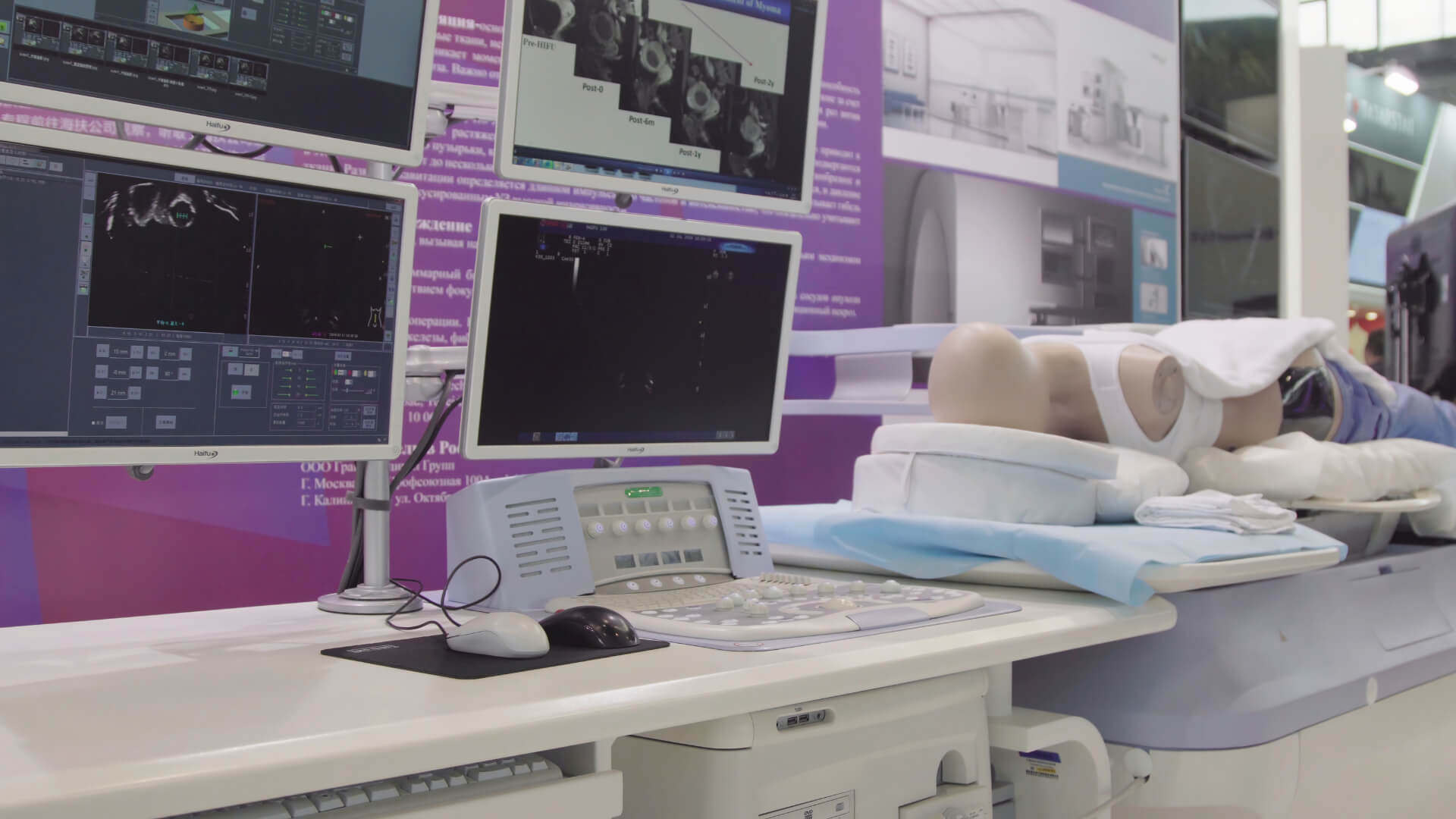Minimal Change Disease
Minimal Change Disease Nephrologists in Arizona
Minimal change disease (MCD) is a kidney condition that is the most common cause of nephrotic syndrome in children, although it also affects adults. The condition gets its name because the kidneys appear normal under a standard microscope. Our board-certified specialists are experts in diagnosing and treating MCD, providing compassionate, streamlined care to help manage this complex condition.
What are the Symptoms of MCD?
In minimal change disease, the kidneys’ filtering units leak protein into the urine, leading to nephrotic syndrome. Hallmark symptoms include significant swelling (edema), especially in the face, eyelids, ankles, and feet, as well as a large amount of protein in the urine, which can make it appear foamy. Fatigue and weight gain from fluid retention are also common.


Effective Treatment for Minimal Change Disease at Southwest Kidney Institute
Treatment for MCD is highly effective for most patients and typically involves a course of corticosteroids to suppress the immune system. While a significant majority of patients respond well to this therapy, a small number may require other medications. Our care focuses on managing symptoms, preventing relapse, and working to restore normal kidney function while improving quality of life.
When Should I See a Doctor for Minimal Change Disease?
Seek prompt medical attention if you or your child experience sudden, unexplained swelling or foamy urine. Our nephrology specialists provide expert evaluation and treatment for minimal change disease, ensuring an accurate diagnosis and a personalized care plan to achieve the best possible outcome.